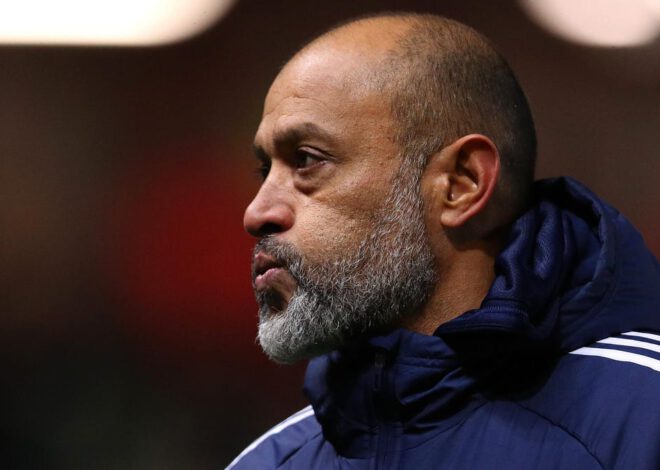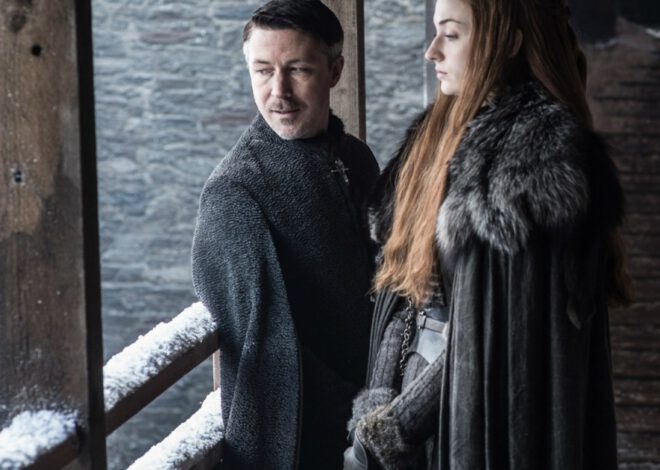AT&T and Verizon reject call to delay 5G rollout over flight safety fears
Unlock the Editor’s Digest for free
Roula Khalaf, Editor of the FT, selects her favourite stories in this weekly newsletter.
AT&T and Verizon on Sunday rejected a request by US regulators to delay their rollout of some 5G wireless services, scheduled for this week, amid concerns about potential interference with aviation technology.
A joint letter by the US telecoms’ chief executives, John Stankey and Hans Vestberg, escalates a dispute between the companies and US regulators over fears within the aviation industry that 5G services could interfere with sensitive aircraft electronics critical for take-off and landing of flights.
Both sides have been reviewing 5G deployment plans, originally scheduled for December 5, but agreed to a delay of a month while further safety reviews could be undertaken.
On Sunday, Stankey and Vestberg offered a proposal whereby AT&T and Verizon would proceed with 5G services this week but for six months would adopt so-called exclusion zones around airports, similar to specifications in place in France.
“The laws of physics are the same in the United States and France”, the executives wrote, adding that the companies together have spent more than $80bn to purchase 5G spectrum from the government and billions more for the associated rollout.
They contested a move by government agencies to begin reviewing potential interference with aviation altimeters — which measure an object’s altitude — in November 2021, roughly ten months after auction for the 5G spectrum had closed.
News of the joint letter was earlier reported by The Wall Street Journal.
The companies’ proposal comes in response to a request on Friday by the US Department of Transportation and Federal Aviation Administration asking the telecom carriers to delay their January 5 rollout by a further two weeks.
“Failure to reach a solution by January 5 will force the US aviation sector to take steps to protect the safety of the travelling public” wrote US transportation secretary Pete Buttigieg and FAA administrator Steve Dickson on December 31. Such steps “will result in widespread and unacceptable disruption as aeroplanes divert to other cities or flights are cancelled”.
A spokeswoman for the FAA said on Sunday that the agency would review the latest proposal from the telecoms groups and that “US aviation safety standards will guide our next actions”.
The newest proposals sparked further criticism amid concern that the two sides are far from an agreement on how to proceed.
Sara Nelson, international president of the Association of Flight Attendants-CWA, AFL-CIO union, wrote in a tweet on Sunday that the AT&T and Verizon joint letter “demonstrates the parties are not operating off the same set of facts. The systems, both air traffic and telecom, are not the same in the two countries”.
A spokesman for Verizon said on Sunday that, among hundreds of flights scheduled daily between the US and France, “none of those flights have FAA warnings associated with them, and there have been no direct cancellations of US flights due the use of these spectrum bands in France. What’s the difference? There is none.”
Federal communications commissioner Brendan Carr noted that the 5G services in question, deployed on so-called C-band spectrum, have already launched in more than 40 countries without known aviation interference.
The DoT and FAA request for a further 5G delay “is part of a dysfunctional trend among certain federal agencies that disagree with the process that Congress has established for reaching sound decisions about spectrum policy”, he wrote in a letter to Secretary Buttigieg on Saturday.
“Anything short of the wireless carriers lighting up their C-band operations on January 5 pursuant to the FCC’s regulatory regime would mark an unacceptable setback for US leadership in 5G”, he added.


